Since the rise of electric cars began, people have been talking about how they’d change the world. By now, everyone should know about the level of pollution that gas cars cause. So, when the electric car hit the market,people talked about whether it would bring convenience.
But, aside from the obvious climate impacts, what makes electric cars better? Are they bigger? Faster? Stronger? Are they as friendly to the environment as claimed? More importantly, are they cheaper? Many people are more familiar with the workings of gas cars. And lastly, there is the issue of having to wait while charging your car. This leads to debates about whether electric cars are truly better than gas cars.
We'll cover and analyze all these opinions and objections. So read ahead to see which is better: electric cars or gas cars.
Gas Cars
This doesn’t even need a definition. They are the more popular type of Internal Combustion Engine Vehicles (ICEVs). ICEVs are the kind that burn either gasoline or diesel to generate energy to run a motor. In this case, whenever we talk about ICEVs, we usually mean gas cars.
Gas cars use a spark plug to ignite the fuel, and that spark plug is powered by the car battery. This is probably the first notable difference between gas and electric cars - the function of their batteries. Another obvious thing that differentiates them is the existence of the gas car’s exhaust system. When the fuel is burned, waste is released out of the car and into the air.
Concerning this topic, perhaps the most prominent feature of gas cars is how they are refueled. Gas cars have fuel tanks that need to contain a certain amount of gasoline for them to be able to function. The amount of energy a gas car can have access to is directly related to the amount of fuel it can hold. In this sense, gas cars are similar to electric cars.
Recently, car owners, manufacturers, and climate experts have been discussing and debating the impacts of releasing fuel exhaust into the atmosphere. The main points are popular - sustainability and climate change. Gasoline-powered vehicles have ushered humanity into a different era. But engineers and manufacturers have been working to create something else. Something that would be an improvement on gas cars in all aspects. Yes, in the financial aspect too.
Electric Cars
These are the cars that come to mind when you hear the name “Tesla.” Electric cars are more technically known as Battery Electric Vehicles (BEVs. Or just EVs). There is no internal combustion engine; the onboard battery of an EV is what powers the motor and every other part of the car. Those features of gas cars that are centered on making use of gasoline - fuel pumps, fuel tanks, exhaust pipes - are removed. Instead, you'll see charging ports, AC/DC converters, and EV chargers.
Many people only heard of electric cars this century, but they’ve been around as early as the late 1800s. There has been a great improvement in technology since then. Now, electric cars are more quiet, efficient, and less harmful to the environment in terms of carbon emissions (1*).
As utopian as they seem, electric cars are not without their disadvantages. Let’s look at the pros and cons of electric cars and gas cars.

Electric vs Gas Cars: Pros and Cons
Before analyzing the details of the features of EVs and ICEVs, let’s see their general advantages and disadvantages.
Pros of Electric Cars
• The first advantage is that they’re environmentally friendly. They don’t burn any fuel so there is no exhaust.
• Generally speaking, electricity is cheaper than gasoline. In addition to this, EVs have fewer moving parts and come with smart EV chargers, so maintenance costs are lower compared to gasoline-powered vehicles.
• Electric motors are more efficient than internal combustion engines, having greater energy efficiency from the battery to propel forward.
• Because electric cars don’t have combustion engines they’re a lot quieter than gas cars. This reduces noise pollution.
• Many governments provide incentives like tax credits, rebates, and reduced registration fees to encourage the uptake of EVs.
Cons of Electric Cars
• Electric vehicles have a lesser range of driving than gas-powered cars. This can be a problem for long-distance trips.
• Charging stations may be not available in some places, and charging an electric car usually takes more time than putting gas in a gas car.
• Generally, electric cars tend to be more expensive than gas-powered vehicles at the point of purchase.
• Though the infrastructure is getting better, it can still take much much longer to charge an electric car than to fill a gas-powered vehicle, particularly with slow Level 2 chargers.
• The capacity of electric car batteries can be diminished over time, limiting their driving range, and hence require eventual replacement of the battery, which can be costly.
Pros of Gas Cars
• A gas-powered car generally has a longer driving range and can be refueled fast at gas stations, so it is preferred for long trips.
• Gasoline refueling stations are broadly and abundantly available in most places.
• ICEVs have been around for so long that it’s almost an anomaly to not know how to use one. They have the advantage of familiarity where EVs involve taking a step into the unknown future.
• The price of an internal combustion engine car is usually less than that of an electric vehicle. Hence, they can be affordably purchased by people with limited budgets.
• The acceleration and horsepower of gas-powered cars are usually higher than those of electric cars of a similar price.
Cons of Gas Cars
• The discharge of gasoline cars consists of some pollutants including carbon dioxide, nitrogen oxides, and particulate matter. These pollute the atmosphere and cause negative climate changes.
• Gasoline prices can be very unpredictable because fuel prices change from time to time. Gas-powered cars also need more periodic maintenance compared to electric cars.
• Engines that burn internal fuel create noise during use and are a significant source of noise pollution in cities.
• Gasoline engines are comparatively less efficient than electric motors, producing more heat energy as a by-product.
• Gasoline-powered cars are dependent on fossil fuels. This resource is limited, and governments have realized that there is a need for alternative sources of energy.
The pros and cons above are only a surface-level representation. The balance between electric cars and gas cars is more intricate than that. So, we’ll analyze each point so that you can have all the information you need to see which is better.
Gas Vs Electric Car Cost Calculator
One of the downsides of electric cars is that they tend to cost more upfront. The cheapest EV you can get today is the 2024 Nissan Leaf at $29,280. The cheapest gasoline-powered car can go for $10,000 less than that. Aside from the cost of the car, it is recommended to install a Level 2 charger for your electric car at home. Electric cars come with a free Level 1 charger, but if you’re someone who has to make use of a car every day, you’ll soon be forced to upgrade. A Level 2 charger, designed for charging at home, typically costs around $300-$800 and will charge your EV much faster.
For ICEVs, you don’t even need to make other necessary purchases after the initial one. But, let’s talk about the expenditure on both cars over the years.
For one, electric cars need far less maintenance. They can cost as little as half the money you’d spend on maintaining a gas car.
But the best part about EVs is the cost of refueling. According to the University of Michigan’s Transportation Research Institute, the average money spent on fuel for a gas car is $1,117. For electric cars, it’s as little as $485 (2*). While the numbers can be much higher or lower depending on the electric bills of your area, EV drivers tend to save at least 20% on fuel. Electric vehicles are also more efficient than gas cars with their fuel consumption. While gas cars end up converting at most 30% of the energy from gasoline into power, EVs can convert as much as 77% of their electrical energy. If an EV and an ICEV should use the same amount of energy, you’ll get as much as four times more distance from the EV than the ICEV.
So, the average cost of electric cars is much higher than that of gas cars. But, considering other factors, EVs are cheaper in the long run. Governments even give out incentives to encourage more people to invest in EVs. This makes it possible to further reduce the cost of EVs upfront. What makes electric cars expensive is the technology used on batteries. As the years go by, this will be cheaper and cheaper.
To calculate the lifetime cost of either electric or gas cars, do this:
After deducting the tax rebates, calculate the upfront costs for your particular model and the recurring expenditures. Think about things like how energy-efficient your gas stations are. How much you intend to drive, local electricity rates, how you routinely charge your car, and annual maintenance costs. Compare this with the option that runs on gas.
Electric Cars Vs. Gas Cars: Environmental Protection
In terms of what type of vehicle protects the environment better, it usually comes down to how little damage is done to the environment during manufacturing. The environmental impact of making the body of all cars is usually the same. The main difference is in making the more specific parts.
EVs tend to have fewer parts than ICEVs, so seems that their manufacture would naturally do less harm to the environment. But, this is not the case. Making the parts of an electric vehicle uses up more of the environment's energy and resources. The lithium-ion batteries used in EVs require more mining power and energy. Also, the bigger the battery, the more energy is required to manufacture it (3*).

Electric Cars Vs. Gas Cars: Emissions
There's also the matter of how clean the electrical energy of the car is anyway. It's not like the power from the grid doesn't harm the environment, as it's still gotten from fossil fuels. Charging an electric car does result in some emissions.
The power from the grid, though, depends on where you live. In countries like Norway which make use of mostly hydroelectric power, the carbon footprints of EVs are practically negligible. Even in countries that use mostly fossil fuels, electric cars are still more eco-friendly. EVs are also able to make use of this energy more efficiently.
According to the US Department of Energy, electric cars create 3,932 lbs (1783.5 kg) of CO₂ equivalent each year. Gas cars, on the other hand, create 11,435 lbs (5186.8 kg) per year (4*).
On this ground, electric vehicles are the undisputable champion.
Driving Electric Cars Vs. Gas Cars
Because many people are used to how gas cars feel and work, we’ll focus on mainly the features of electric cars in this aspect. Gas cars will only be used as a means for comparison.
Firstly, before you even begin driving, you’ll notice that electric cars have more space than gas cars. The majority of the space in a gas-powered car is occupied by the engine. With electric cars, you get something unexpected from the absence of engines.
Franks are front trucks. Yes, the trunk you’re used to having at the back of the car, but here, they’re also at the front. For some cars, the franks are barely useful, leaving only a shallow groove under the hood of the car. The Lucid Air EV has a flank as large as ten cubic feet. With both that and the regular trunk, luggage space will never be a problem.
Franks aside, there is also more floor space in the interior of the car. Electric cars don’t have as many mechanical parts as gas cars, so you’d be surprised at how far you can stretch your limbs inside.
Due to the nature of the car, EVs can be upgraded with Over-the-air updates (OTA). These updates work like how updating the operating system of your phone works. So, you can get new features that were not available in your car by the time it was manufactured without ever needing to leave your home. It’s not always free, though. But even if you have to pay, it’s worth every penny. OTAs can completely change your driving experience.
EVs are also very quiet. Without an engine, you’ll only be able to hear the Air Conditioner and maybe the wheels on the road.
And lastly, the feature known as regenerative braking. The accelerator of an EV doesn't work like a gas car's. The more pressure you apply, the faster the car goes. And if you ease on the pressure, the car slows down. This sort of pedal system (called one-pedal driving) is useful because it can successfully stop your car completely without needing to step on the actual brakes. This energy can be put back into the EV to get more driving range. Of course, this feature can be turned off at your convenience, because it takes getting used to (5*).
Electric Cars Vs Gas Cars: Convenience and Flexibility
Gas cars have the advantage of being the more established type of vehicle. They can be used anywhere, refueled without much hassle, and you’ll see more facilities that tend to gas cars than you would electric cars. Also, gas cars have a longer range of travel than electric cars. These give gas cars more flexibility than electric cars.
The time taken to refuel gas cars gives it an added advantage over electric cars. However, people tend to charge their electric cars when they aren’t in use. So charging time isn’t usually noticed during the day. Based on this, you’ll find that gas cars and electric cars have very similar levels of convenience. However, some extra perks come with owning an electric car.
Conclusion
Electric cars are one of the most innovative things humans have come up with in centuries. Of course, gas cars are still important, but as the years go by, this will become less and less true. Even in the areas where gas cars seem to win against electric cars, such a win won’t last long. There is just too much potential that can be fulfilled with electric cars. This is why electric cars are better.





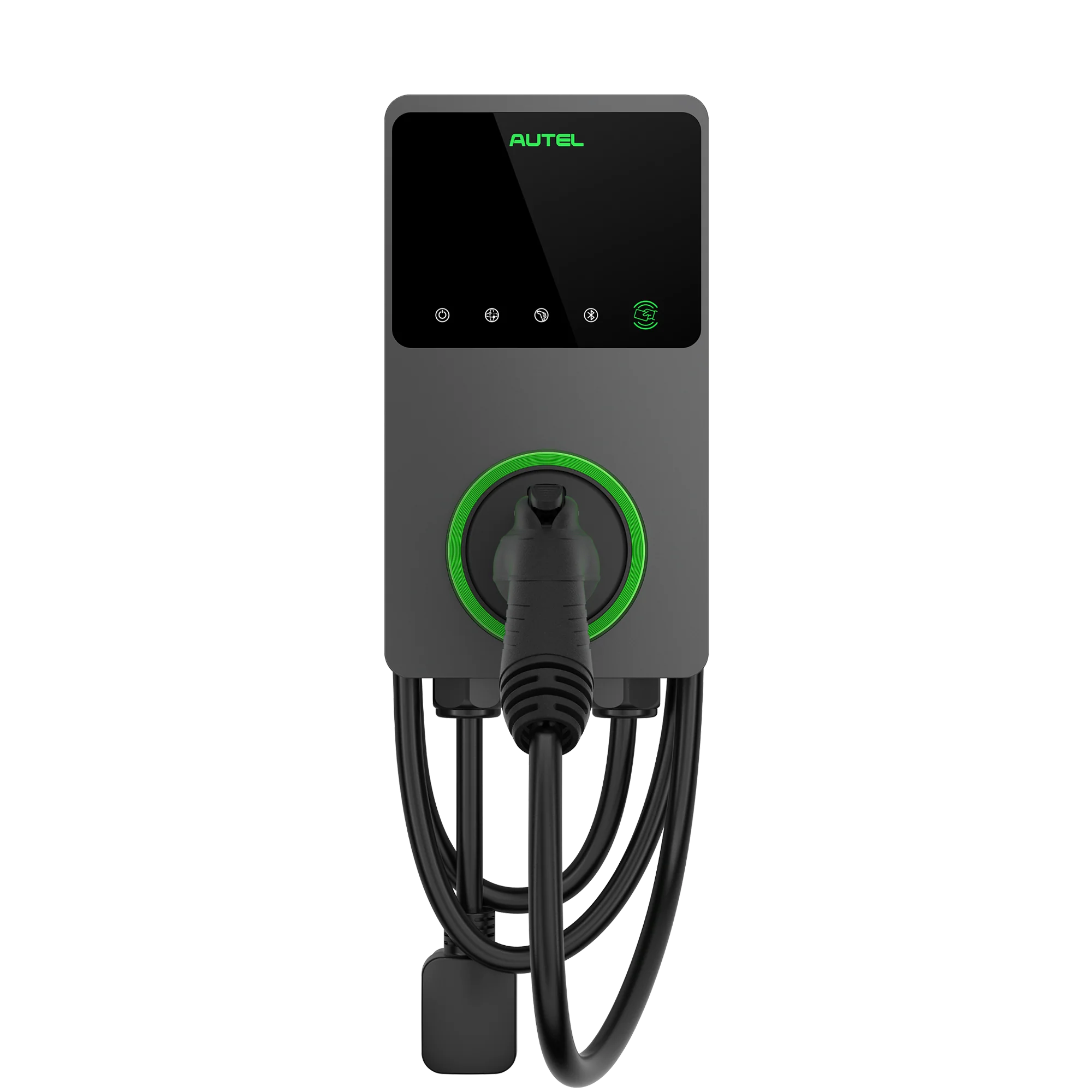

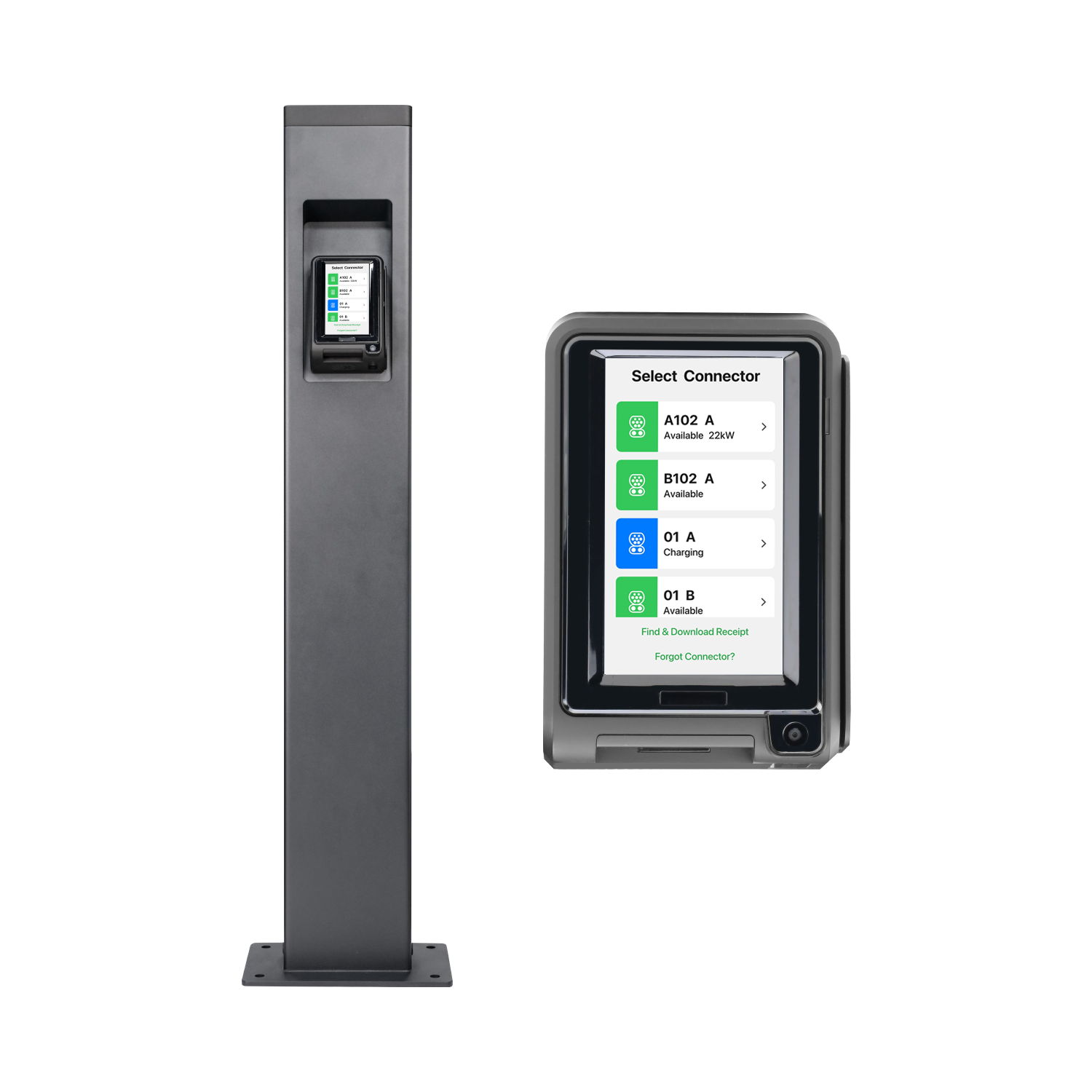



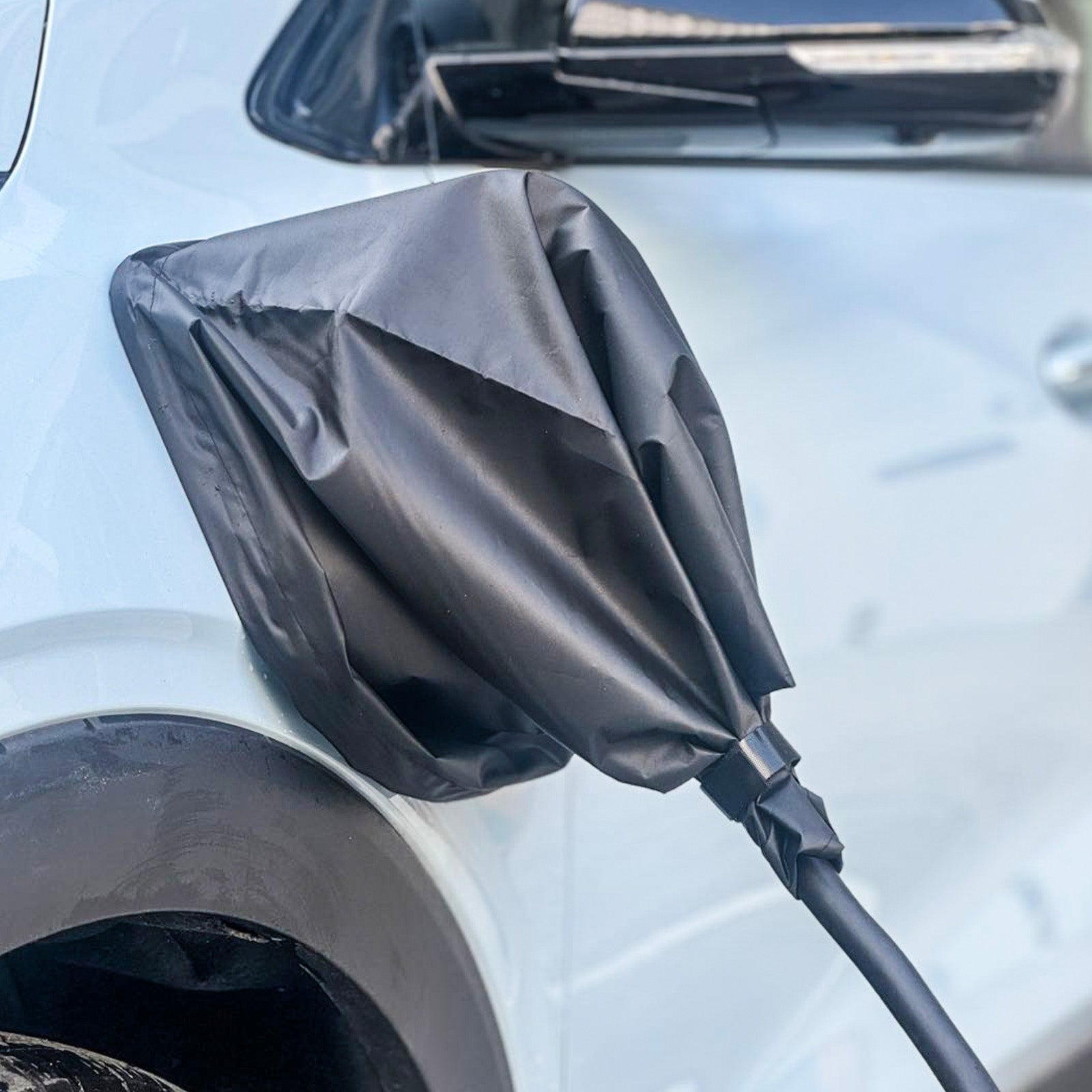

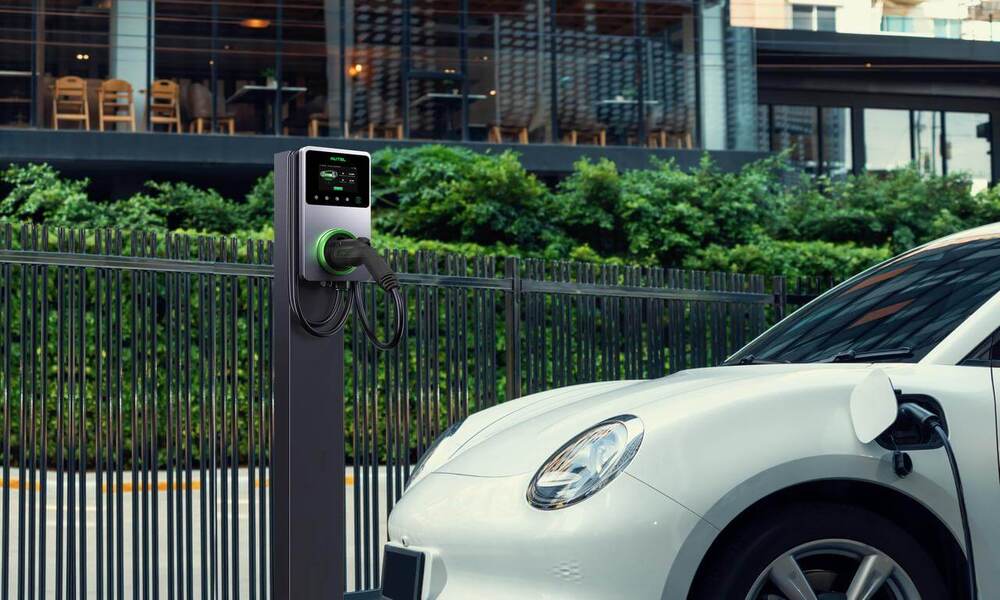
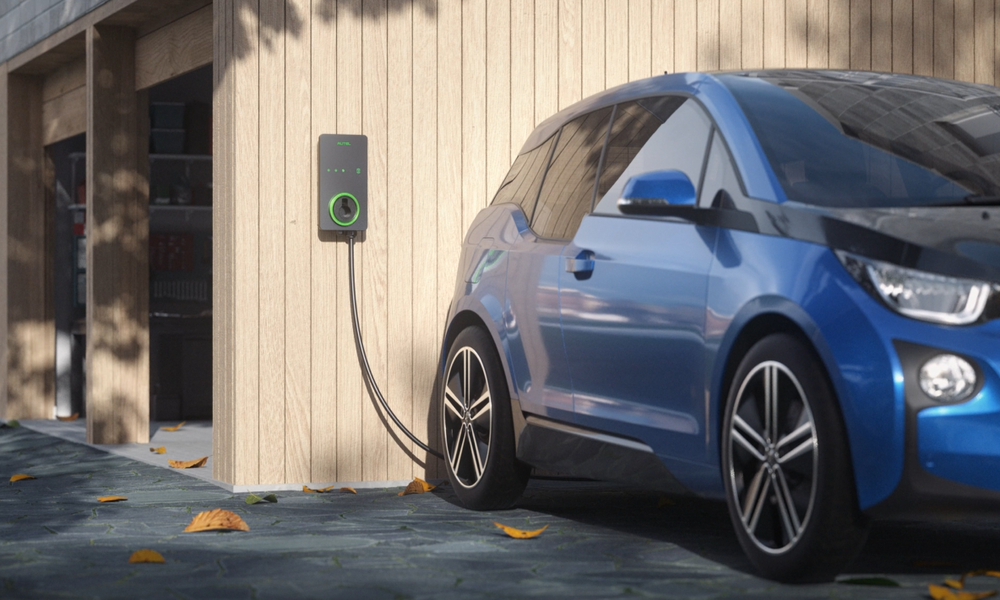
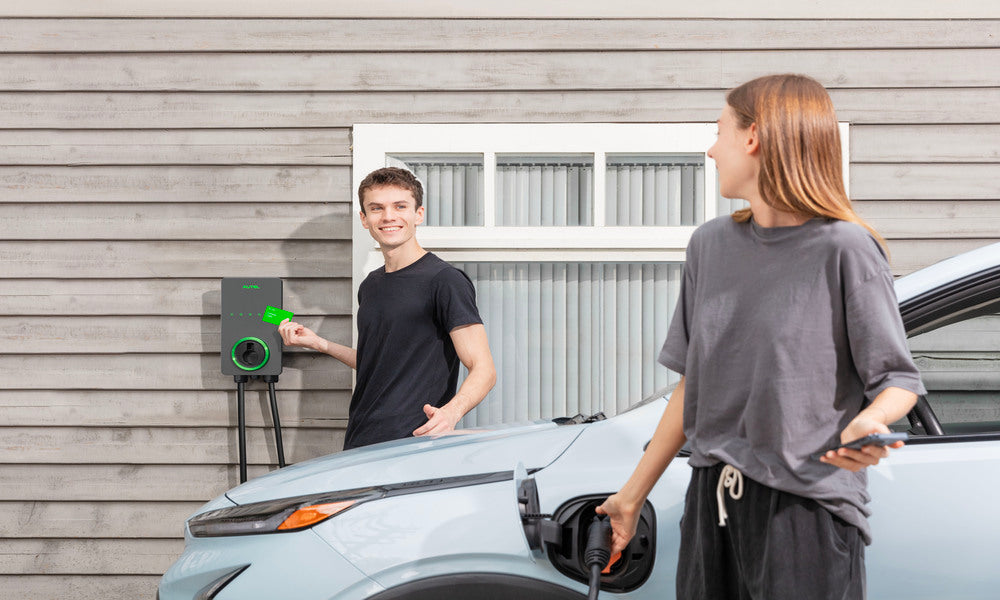
Dejar un comentario
Todos los comentarios se revisan antes de su publicación.
Este sitio está protegido por hCaptcha y se aplican la Política de privacidad de hCaptcha y los Términos del servicio.